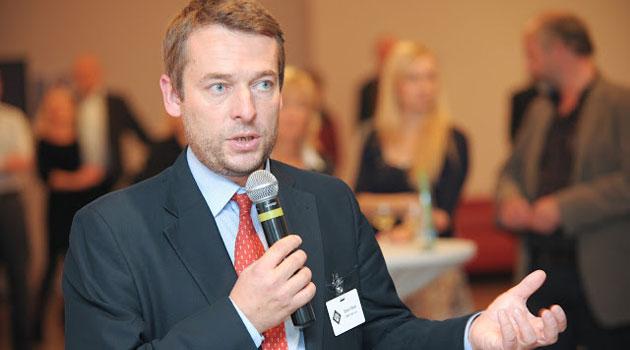Head of Czech development aid organization notices situation in Romani ghettos all but unchanged

“Always, naturally, somebody can be found who doesn’t care for this part of our work. Even in that aspect, however, the situation is changing. Previously the absolute majority of people had a simplified reaction: ‘Why, for God’s sake, are you aiding the gypsies? It would be better to go to Africa to aid the black people.’ Today most people comprehend that this is a problem that must be solved,” said Šimon Pánek, a former student leader of Czechoslovakia’s Velvet Revolution who is director of the People in Need development organization, in an interview for news server Deník.cz marking the NGO’s 25th anniversary.
Pánek’s comments on the results achieved by the organization’s anti-poverty work in Romani ghettos in the Czech Republic were sober. “Unfortunately, in that area we are not very successful for the time being, in the sense of finding an across-the-board, easy solution. That’s not even possible. We do have many offers and programs, mainly for mothers with children and for youth, but the situation is changing very slowly. It is not easy for somebody to move away from the ghetto. It takes a long time, it requires the cooperation of many people. Fortunately, however, at least something has changed – the approach of local municipalities,” he said.
The director said he sees a change in the approach taken by local politicians, who in his view have comprehended that this problem cannot be easily “deleted” or moved elsewhere, but must be resolved by the local municipality itself. “The problems on the outskirts of a town cannot be solved by the Government. The state can just set up legislation, or money flows. Locally, the previous ‘ostrich’ position has been reversed,” Pánek said.
Such problems, according to the development aid head, are also no longer being addressed just through repressive measures, but collaborations have begun to function between town halls and local police, schools and NGOs. The programs his organization provides focus on children eventually accessing secondary education.
“We are doing our best to demonstrate to parents that they should not be afraid of that, because it makes sense. If they send their children to school, then they will know how to do things and they will not remain unemployable. If that succeeds, and if they are able to overcome the other barriers based on racism that await them in life, then there is great hope that they will leave the ghetto,” he said.